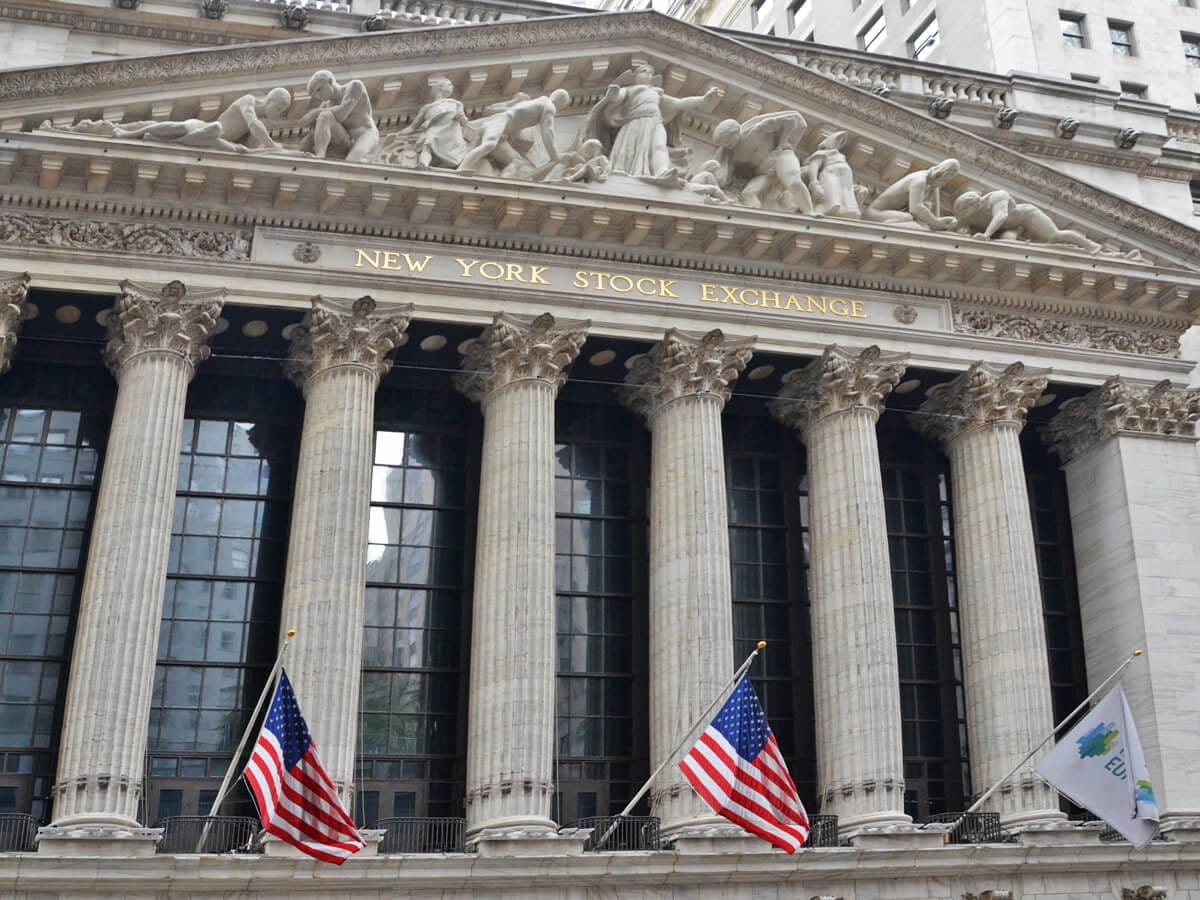In recent weeks, allegations have surfaced that Elon Musk, the CEO of Tesla, Inc., may have breached fiduciary duties, prompting the decision to file a lawsuit against him and the company in New York City. The claims are centered around actions taken by Musk that, according to the plaintiffs, could undermine the integrity of Tesla’s governance and the interests of its shareholders.
Fiduciary duty is a legal obligation that requires corporate officers and directors to act in the best interests of the corporation and its shareholders. This duty encompasses not only loyalty and good faith but also the need for transparency and prudent decision-making. When fiduciary duties are allegedly violated, it can lead to legal actions designed to protect shareholder interests and ensure proper governance structures are maintained.
The lawsuit is being spearheaded by a group of investors who believe that Musk’s recent business activities and public statements may have compromised his fiduciary responsibilities. Specifically, they claim that his focus on other ventures—such as SpaceX and his recent acquisition of Twitter—has diverted his attention from Tesla, potentially affecting the company’s strategic direction and operational stability.
Central to the accusations is Musk’s engagement in various high-profile transactions and public engagements that some stakeholders feel have overshadowed Tesla’s challenges. For instance, his tumultuous relationship with the public and regulators has raised concerns that his distraction might hinder the innovation and growth for which Tesla is known. Furthermore, the plaintiffs assert that Musk’s polarizing presence on social media may result in reputational damage, which could ultimately affect Tesla’s market performance.
The proposed lawsuit is also expected to delve into Tesla’s corporate governance policies. Investors argue that the board of directors may have failed to execute their oversight duties by allowing Musk’s behavior to go unchecked. They contend that a robust governance framework is essential to protecting both shareholder rights and the company’s long-term sustainability. The plaintiffs argue that transparency and accountability are fundamental to corporate integrity, and they seek to hold Musk and the board accountable for perceived lapses in governance.
As the legal action moves forward in New York City, it brings to the forefront critical questions regarding corporate governance, accountability, and the extent to which executive behavior affects company performance. Legal experts anticipate that this case could set important precedents regarding how fiduciary duties are interpreted, particularly in the context of high-profile executives whose personal brands often intertwine with their companies.
Tesla has not publicly commented on the pending lawsuit as of now, but spokespersons may stress the company’s ongoing commitment to shareholder engagement and its mission of sustainable energy. The outcome of this legal action could have far-reaching implications not only for Tesla but also for other companies navigating similar issues surrounding executive conduct.
In the broader context of corporate governance, this case serves as a reminder of the critical balance executives must maintain between personal interests and corporate responsibilities. When executives become entangled in various business ventures, maintaining a focus on their primary roles is paramount. This scenario is not unique to Tesla, as many corporations face challenges when charismatic leaders divert attention from their core responsibilities.
The legal proceedings will likely unfold over the coming months, with both parties preparing for a thorough examination of Musk’s activities and their implications for Tesla. Corporate attorneys and governance experts will undoubtedly be monitoring the case closely, as its implications could extend beyond Tesla, shaping future corporate governance frameworks in major public companies.
In conclusion, the legal action taken against Elon Musk and Tesla highlights significant concerns about fiduciary duties within corporations. The detailed examination of Musk’s conduct, alongside the governance structures in place, will likely inform public discourse on corporate responsibility and executive accountability. As developments occur, stakeholders and observers alike will be watching closely to see how this lawsuit evolves and what it could mean for the future of corporate governance.
As this case unfolds in New York City, it serves as a vital reminder of the responsibilities that accompany high-level executive roles and the critical importance of adhering to fiduciary duties. Shareholder interests must remain at the forefront of corporate governance, and as the legal terrain navigated by influential figures like Elon Musk becomes more contentious, the implications of this lawsuit could impact the narrative of executive conduct in the years to come.



